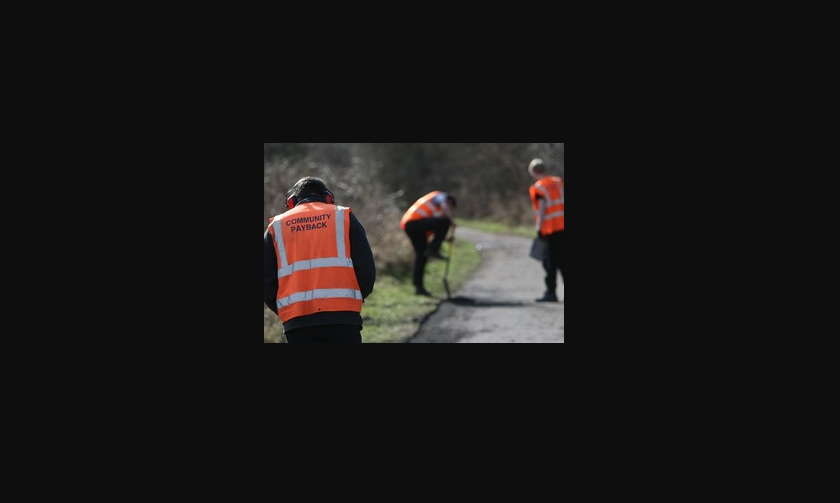
The government has announced the recruitment of more than 500 staff to work in Community Payback. The aim is to be able to enable offenders to serve an extra 3 million hours of payback each year. The announcement isn’t clear on the reasoning behind the recruitment, whether there is a backlog that needs clearing, staff retention issues or whether more hours of community payback are expected to be ordered by the courts.
The move is said to be costing £93 million and is to focus on outdoor projects.
What is community payback?
Community payback has been known by many names in the past, community service, community punishment and unpaid work in more recent times. As part of a sentence, the court can order an offender to complete a set number of hours as supervised by the probation service. The minimum number of hours for a sentence is 40 hours with a maximum of 300. Those offenders who are unemployed can do the work as many times a week as is available; those in employment are able to complete the hours around their employment requirements. Think of the BBC series, The Outlaws, but maybe without all the drama!
Unpaid work as a sentencing option dates back to 1973, and the term community payback appeared in 2005 to promote awareness of the unpaid work requirement on a community order. The work is to be seen as a credible punishment that provides reparation to the community and has rehabilitative potential. Reparation and rehabilitation can include gaining vocational or skills-based training.
The new jobs
The advertisement for the new positions says that community payback supervisors will lead small teams to complete the hours of work. The job requirement is to supervise and motivate the teams to complete a range of manual tasks, such as clearing undergrowth in public areas, restoring community facilities, planting trees and flowers, graffiti removal and litter picking. Apparently, no specific experience or qualifications are required as training will be given to “work effectively and safely”.
The work with charities
In October last year, it was also reported that the government was in talks with the Canal & River Trust and other “leading charities” about delivering the community payback scheme.
There is now a new partnership between the Probation Service and the Trust in which offenders are tidying towpaths across some of England and Wales’ waterways and canals. On one stretch of canal, it has been reported that offenders completed more than 15,000 hours of unpaid work along the pathway last year.
Local councils have been working with Probation, such as a scheme in Wiltshire where offenders maintained the five ‘park and rides’ around Salisbury. In London, offenders worked with the charity Hands on London and distributed coats to people in need around the city. It is likely that we will see more partnerships with charities in the coming months and years.
Contact Broadbents Solicitors
We ensure we keep up to date with any changes in legislation and case law so that we are always best placed to advise you properly. If you would like to discuss any aspect of your case, please contact our expert team here at Broadbents Solicitors.
We cover various fields of law, ensuring that you have access to expert legal advice. You can call our dedicated team today: Alfreton 01773 832 511, Derby 01332 369 090, Heanor 01773 769 891, or Sutton-in-Ashfield 01623 441 123. Alternatively, you can head over to our online enquiry form and we’ll be in touch.
[Image: Crown Copyright]






